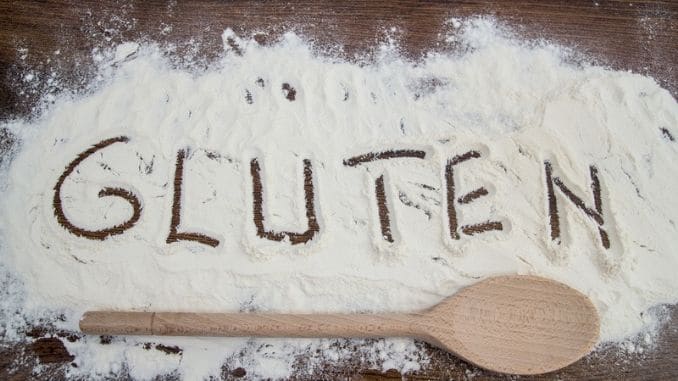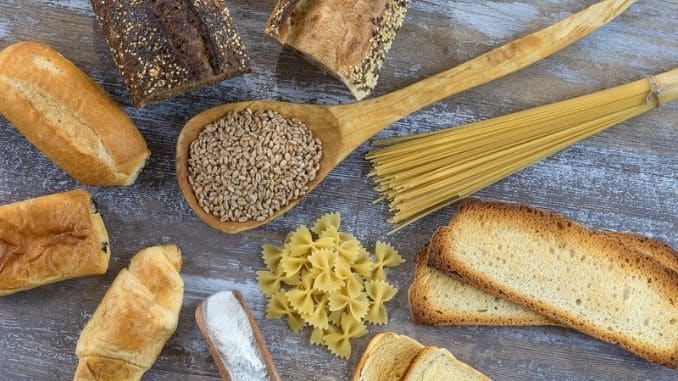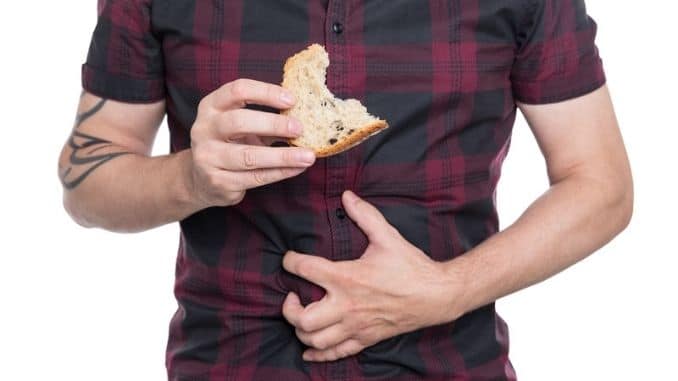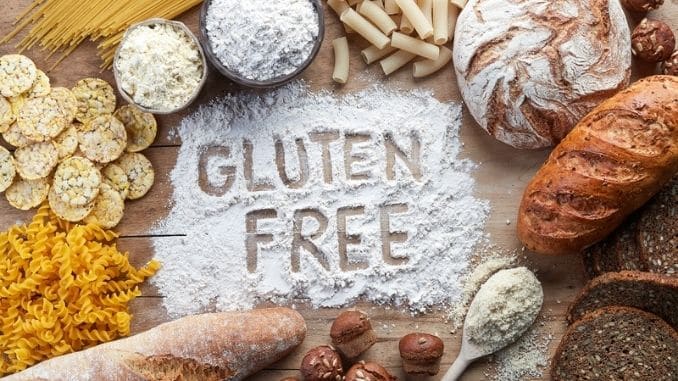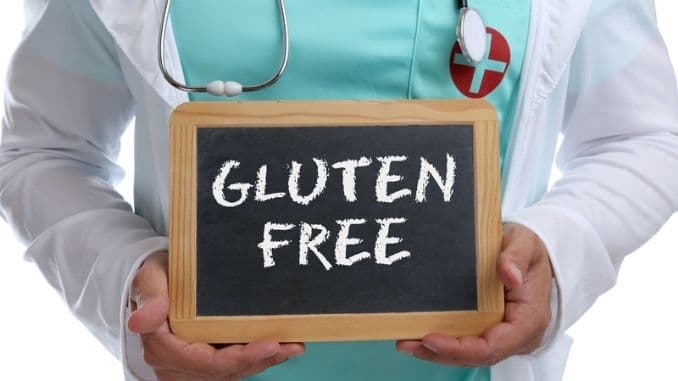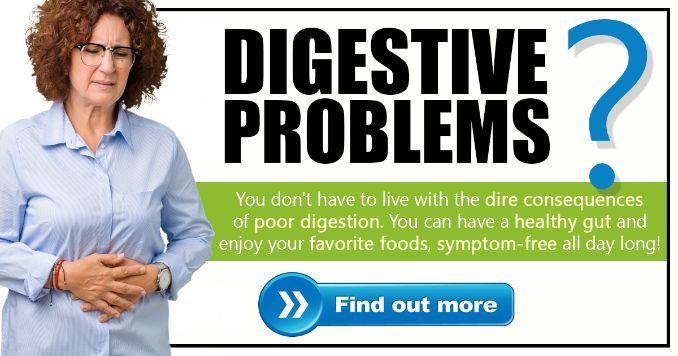A little over a decade ago, most of us hadn’t heard of gluten. But then it seemed that the market exploded with gluten-free foods and books on gluten-free diets.
Today, many of us remain confused about gluten. Is it bad for you? Or bad only for some people? And if so, are you one of them?
What is Gluten?
Gluten is the general name for the proteins found in wheat, rye, barley, and triticale (a cross between wheat and rye). Gluten helps these foods maintain their shape. When flour mixes with water, the gluten proteins form a sticky network that has a glue-like consistency. This makes the dough elastic and allows the bread to rise during baking. It also gives us that chewy, satisfying texture in food.
Because gluten is in all of these grains, it's found in all the foods made from those grains, too. That includes bread, cereals, soups, pasta, baked goods, and even salad dressings and sauces. Barley also has gluten and is used to make malt, soups, beer, and Brewer's yeast.
Is Gluten Bad for You?
For thousands of years, humans have been aware of a strange disease that causes food to pass through the intestines undigested. This disease affected only some people, and no one knew why. A Greek physician named Aretaeus of Cappadocia, living in the first century AD, described the disease as “The Coeliac Affectation.” (Celiac means “relating to the abdomen.”)
Other doctors posted similar observations over the years, some noting that the disease could be managed through diet. In the later 1800s, Dr. Samuel Gee wrote the first modern medical description of celiac disease and theorized that it needed to be treated with food, though he was never able to figure out exactly which food triggered the symptoms.
Then in the 1920s, American pediatrician Sidney Haas treated children with celiac disease with what he called the “banana diet,” which consisted of (you guessed it) bananas as well as milk, cottage cheese, meat, and vegetables while avoiding starches. It helped save many children’s lives, though Dr. Haas wasn’t sure exactly how it worked.
Finally, in the 1940s, a Dutch pediatrician named Willem Karel Dicke hypothesized that wheat protein may be what was causing celiac disease. He had noticed during the Dutch famine in WWII that the mortality rate for celiac dropped just as bread became unavailable. He went on to develop a wheat-free diet.

It wasn’t long after that it became clear that gluten—the protein in wheat, barley, and rye—was what was triggering celiac disease in those who had the genes for it. The specific genes related to the disease were DQ2 and DQ8.
Today, we know that celiac disease is an autoimmune disease that occurs in certain people who are genetically disposed to it. When these people ingest gluten, it leads to damage in the small intestine. Symptoms include diarrhea, fatigue, weight loss, bloating and gas, abdominal pain, nausea and vomiting, and constipation. More than half of adults with the disease have other symptoms including anemia, osteoporosis, mouth ulcers, headaches and fatigue, joint pain, skin rashes, and numbness and tingling in the feet and hands.
What if You Don’t Have Celiac Disease?
Two blood tests can help diagnose a case of celiac disease. Patients who have it are typically treated with a gluten-free diet. Removing gluten from the diet allows the small intestine to heal, which can ease symptoms and allow patients to live mostly normal lives.
A gluten-free diet is extremely restrictive, however, and not easy to follow. Gluten can be hidden not only in many different foods, but in medications and even nonfood products like preservatives, food stabilizers, vitamin and mineral supplements, lipstick products, toothpaste and mouthwash, and more.
If you have celiac disease, a gluten-free diet can be a lifesaver. But if you don’t, why would you want to go on such a restrictive, difficult diet?
Is a Non-Celiac Gluten-Sensitivity Real?
Starting in the 2000s, several studies came out exploring the role of gluten in human health. Some looked at a possible relationship between gluten and other chronic inflammatory conditions, like diabetes or multiple sclerosis. Results seemed to show that going on a gluten-free diet helped many of these patients improve.
Yet none of these people had celiac disease. What was going on?
Scientists don’t have all the answers, but there is evidence that some people who suffer from celiac-type digestive symptoms without having celiac disease may be sensitive to gluten or have a gluten allergy.
The difference is that though these individuals may suffer from digestive discomfort, diarrhea, and bloating after eating gluten, they typically do not have the same type of intestinal damage or injury that those with celiac disease have.
Currently, there is no test to determine this type of sensitivity or allergy. But people can observe how they react after eating foods containing gluten, and how they feel when they avoid them. Steps would include the following:
- Eat gluten-containing food. Notice if symptoms occur almost immediately.
- Check with your doctor—test for celiac disease, and get a negative result.
- Test for a wheat allergy, and note the results.
- Try a blinded gluten challenge.
- Note if you have other symptoms in addition to the digestive symptoms, such as skin rashes, headaches, fatigue, and bone and joint pain.
- Try going on a gluten-free diet. Notice if symptoms disappear.
- Try reintroducing gluten-containing foods. Notice if symptoms come back.

This sort of process is necessary and sometimes people think they have a gluten sensitivity or allergy when they don’t. In one study of volunteers who thought they had gluten sensitivity, only a quarter of them filled all of the diagnostic criteria. In another of nearly 400 people who had self-diagnosed gluten intolerance or sensitivity, only 14.5 percent actually had an issue with gluten.
Indeed, troublesome digestive symptoms can be caused by many factors, so it’s important to work with your doctor to determine for sure whether gluten sensitivity is the culprit in your case.
Some studies have found that those who believe they’re sensitive to gluten often fail to improve significantly when switching to a gluten-free diet, but do better when adopting a low-FODMAP diet. (FODMAPs are types of carbohydrates linked to gas, bloating, stomach pain, diarrhea, and constipation.)
As to whether gluten sensitivity is “real,” scientists are taking it seriously. Researchers have reported evidence suggesting that people with the condition may have immune systems that overreact to gluten, causing symptoms. Some scientists are also looking into whether there may be some other component in wheat that may encourage inflammation in the digestive tract.
Should I Try a Gluten-Free Diet?
A gluten-free diet is not one to be taken lightly. Of course, you can always cut back a little bit on your intake to see if that helps you, but doing more than that—such as significantly reducing or eliminating gluten—can cause other health problems.
In one recent study, for instance, researchers found that those who eat a gluten-free diet may be at risk for increased exposure to arsenic and mercury—toxic metals that can lead to cardiovascular disease, cancer, and neurological effects. This is thought to be because many gluten-free products are often made with rice flour as a substitute for wheat.
A gluten-free diet can also put you at risk for certain nutritional deficiencies, such as vitamin B-12, folate, and zinc. Gluten-free ready-made products are often low in fiber, which can cause additional digestive problems. A gluten-free diet can be expensive, as gluten-free foods typically cost significantly more than gluten-containing options.
Strangely enough, a gluten-free diet—though touted by many as a weight-loss tool—may cause you to gain weight, particularly if dieters eat too many of the ready-made foods and snacks. These are often higher in fat, sugar, and calories than their gluten-containing counterparts, and over time can cause weight gain.
Finally, we have research showing that people without celiac disease who restricted gluten intake experienced an increased risk of heart disease compared to those who had a higher gluten intake. The scientists weren’t sure of the cause, and more research needs to be done, but it’s something to be aware of.
How to Go Gluten-Free and Stay Healthy
If you’re struggling with digestive and other symptoms that seem related to gluten, check with your doctor before you try any dietary changes. Once you start avoiding gluten, it can become more difficult to establish whether you have celiac disease, gluten sensitivity or allergy, or something else.
Remember that digestive symptoms can be caused by many factors, and that gluten may not be to blame in your case, or maybe only partially to blame. It may seem that avoiding gluten is the easy way forward, but remember that it is a restrictive diet and can be difficult to maintain long-term. Creating a dietary plan that works for you is important for your overall health.
Finally, if you and your doctor determine that gluten-free is the way to go, be sure to get a dietician’s help to avoid any nutrient deficiencies. Then do your best to stick with whole foods as much as you can (as opposed to ready-made and processed foods), including fruits and vegetables, beans and legumes, and gluten-free grains like buckwheat, quinoa, millet, sorghum, and teff.
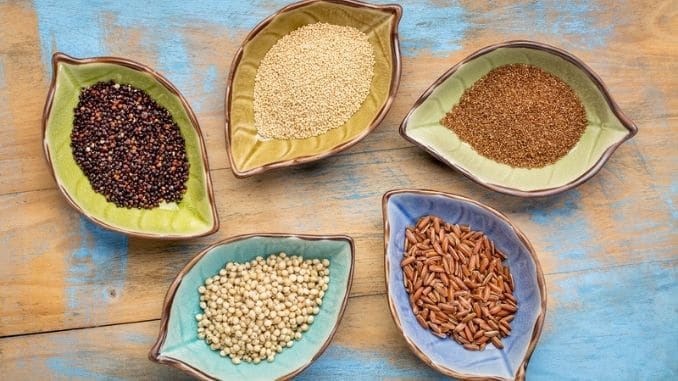
Remember, there are countless food products that contain gluten, so you will need to read labels carefully and make educated decisions when grocery shopping. As well, be wary when eating in restaurants. Some meals may be listed as ‘gluten-free’, but if they are prepared in the same pan or fryer as something with gluten, there can be cross-contamination. Despite the ‘hype’, not everyone needs to avoid gluten. Listen to your body, and concentrate on fueling up on those healthy whole foods that make you feel your best.
You don't need to suffer with your digestive troubles any longer! Click here to learn about a safe, natural solution.

